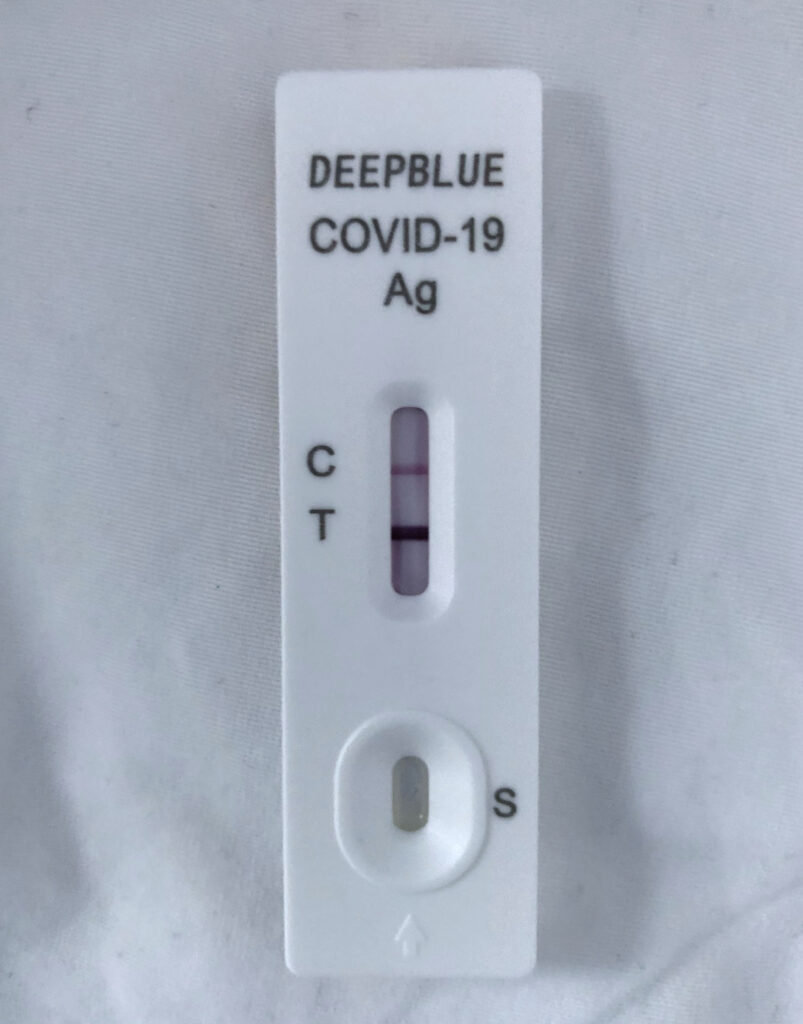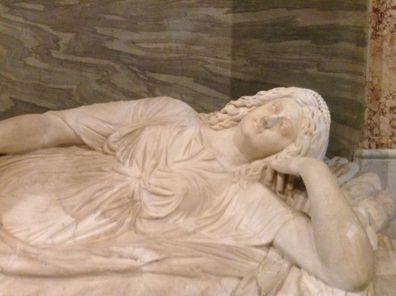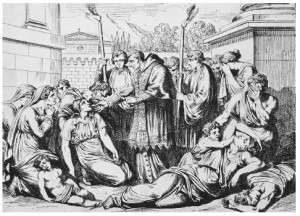 Recently, I caught Covid-19. Not a unique story these days, but I’d dodged it until last month. Vaccinated five times and an avid mask wearer, I’d been hyper-careful. I was nervous last year when I started to go to author events, either to speak or take part. I was a rare person at the London Book Fair who actually wore a mask all day, every day. I reckoned that thousands of people from every corner of the world were a hazard. Sadly, several colleagues reported later they had contracted Covid there.
Recently, I caught Covid-19. Not a unique story these days, but I’d dodged it until last month. Vaccinated five times and an avid mask wearer, I’d been hyper-careful. I was nervous last year when I started to go to author events, either to speak or take part. I was a rare person at the London Book Fair who actually wore a mask all day, every day. I reckoned that thousands of people from every corner of the world were a hazard. Sadly, several colleagues reported later they had contracted Covid there.
Colour me Mrs Smug.
I wore the mask on planes, trains and buses. If there was a crowd, I whipped out a faithful FFP2. I habitually boarded as near to last as possible on planes and still tended to keep distance from others even this year.
I don’t do well with respiratory illnesses and I REALLY did not want this virus.
But, vaccinated and accepting that infections were at now at rock bottom, I’ve been travelling all over the place this year – UK, Ireland, Slovenia, Austria – through many different airports, including Paris CDG and the ever delightful Stansted, and on many trains. I’ve spent time at events, talking to hundreds of people, eating in pubs and restaurants with colleagues and friends, all bare-faced. Not a sniffle.
Airlines are good at ventilation and I always felt safe travelling maskless this year. I’ve traced last month’s disaster to the airline coach. Fabulous. The ‘bad cold’ became truly vile. I couldn’t remember feeling so ill. I took a test. Yep. Two lines.
I was positive for 12 days. I had to mask up in my own house but by Day 7, I was ‘walking wounded’ and could get about. Luckily, my husband went away on a pre-arranged trip one day later. I can’t imagine how people coped when infected and non-infected people had to lived in the same place for days, even weeks on end.
If I hadn’t been well-vaccinated, I would have been seriously ill. I swallowed pills, drank a lot of honey water and tea, and rested. We know how bugs transmit, we have showers, washing machines, sterilising gels and medical services for extreme illness.
Consider the plagues of history
The Black Death 1347-53 killed between 75–200 million people. Nobody was counting at the time, but Lawton and Wilson (ed.) outlined this estimate in the New Scientist in May 2022.
The Spanish flu 1918-20, when nearly a third of the global population, or an estimated 500 million people were infected in four successive waves. Estimates of deaths range from 17 million to 50 million (Centers for Disease Control and Prevention, December 2019).
The Antonine Plague, which hit the Roman Empire in AD 165 and had by AD 180 killed thirty percent of the population. The results were catastrophic:
- it decimated (reduced by 1 in 10) the Roman Army, by now heavily consisting of non-Italians and struggling against barbarians in the north and Persians in the east
- it cut a naturally dwindling population by a third, wiping out whole villages, even towns
- it shrank the labour force
- it diminished the reliability of transport links
- it weakened trade, so wrecking the whole economy
- it promoted increasing religious fervour which split Romans from their traditional martial and pragmatic values
- and all these combined to reinforce social disintegration.
Luckily, in the 21st century, we had cushions in the form of employment furlough, a ground-breaking scientific research community, dedicated hospital and medical services with emergency plans, a world health organisation coordinating the fight and relentless determination to research, adapt and find ways to bring people through. After the initial panic and selfish behaviour by some political actors, capitalism was harnessed to produce protective equipment and vaccines on a worldwide scale,
There were heartbreaking stories – separation, dying isolated, mothers giving birth in masks, domestic violence increases through enforced confinement of lockdown, bad tempers, fake news and fear. But the vast majority of ordinary people behaved extremely well, taking the recommended precautions and supporting the less able members of their communities.
I’m not entirely sure we’ve recovered our habits of social interaction yet. Here in France, many people no longer double kiss each other; sometimes, they don’t even shake hands. This is very strange for a usually very social people. The next vaccination campaign has started and if I hadn’t had the virus, I would have been first in the queue. Apparently, I have gained several months of good natural immunity. Personally, I would have preferred a jab. Now I’m counting off the months when I will be able to have my booster.
But how many people have died worldwide from Covid-19 in comparison with historical plagues?
Tricky question. The World Health Organisation reports figures of in excess of 3.3 million, but with some significant provisos, the most important of which is their certainty of under-reporting. The capacity of health information systems varies widely; the percentage of registered deaths ranged from 98% in the European region to only 10% in the African region. Countries also use different processes to test and report, but most use excess deaths over normal expected deaths in non-pandemic years.
We should also consider that in the past figures are not solid. For instance, we only know about some parts of the world. Cassius Dio only considered the Antonine Plague as it affected the Roman Empire and areas immediately bordering it. Communication even by the fastest courier was slow across such a vast area, even if such a courier survived the journey.
Vile as the experience was, I am so pleased to have been living in 2023 when I was infected by my generation’s plague, and not in 180 AD.
Alison Morton is the author of Roma Nova thrillers – INCEPTIO, CARINA (novella), PERFIDITAS, SUCCESSIO, AURELIA, NEXUS (novella), INSURRECTIO and RETALIO, and ROMA NOVA EXTRA, a collection of short stories. Audiobooks are available for four of the series.Double Identity, a contemporary conspiracy, starts a new series of thrillers. JULIA PRIMA, a new Roma Nova story set in the late 4th century, is now out.
Find out more about Roma Nova, its origins, stories and heroines and taste world the latest contemporary thriller Double Identity… Download ‘Welcome to Alison Morton’s Thriller Worlds’, a FREE eBook, as a thank you gift when you sign up to Alison’s monthly email update. You’ll also be among the first to know about news and book progress before everybody else, and take part in giveaways.















Really sorry to hear this bug caught you up, Alison. I’m awaiting my eighth jab next week, before taking the longest possibly flight – to Auckland, NZ. I’ll be taking a high new stash of masks, and pouring libations to Minerva!
Good luck with that long flight! I think NZ was quite strict during the lockdown. Hope you have an excellent time.